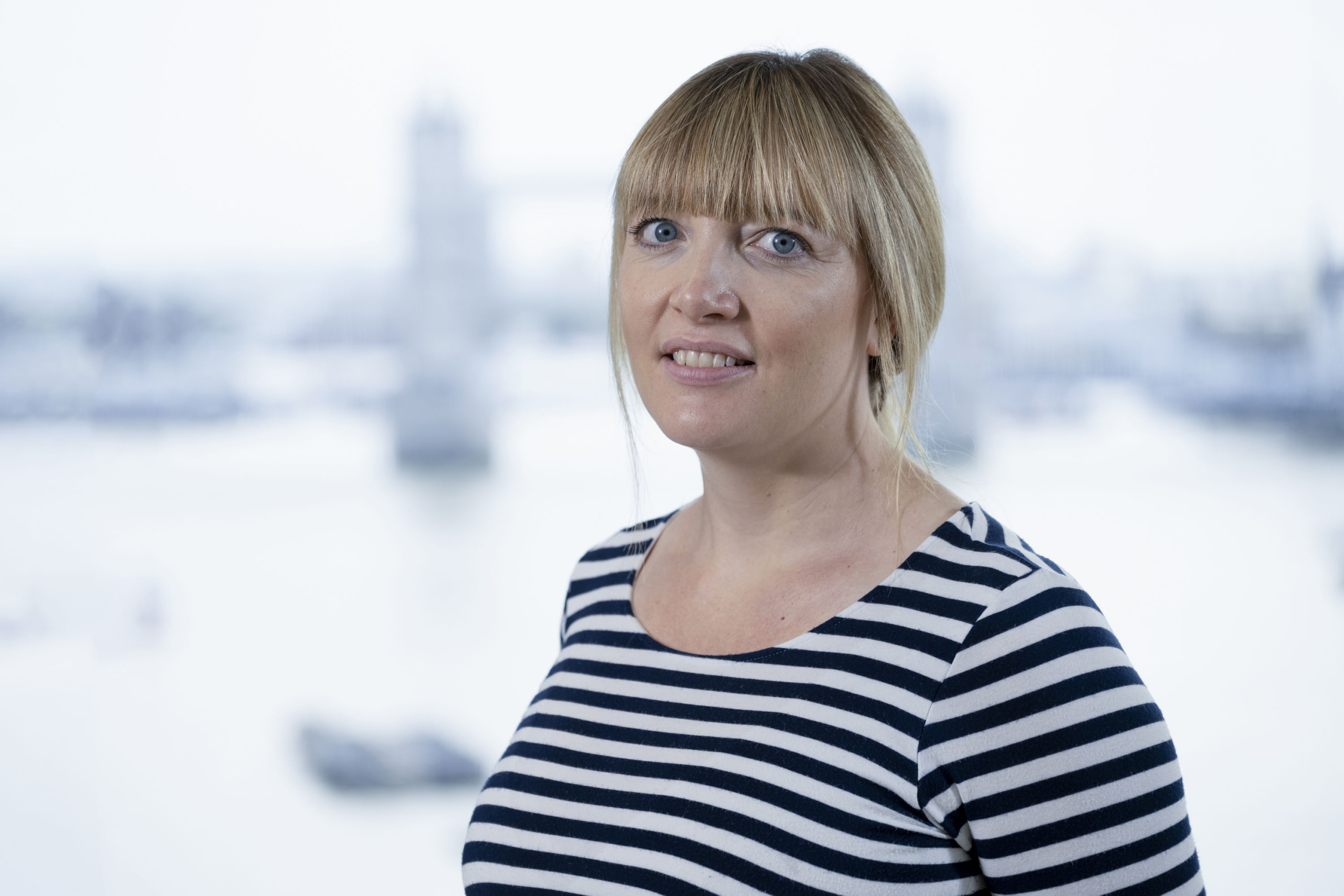
‘Unexpected events can set you back or set you up – it’s all a matter of perspective.’
–Mary Anne Radmacher
Looking back over the last five years or so, we’ve witnessed a fair few major and often unexpected events. To name but a few…Leicester City were crowned Premier League champions, Britain voted to leave the EU, Trump became US President and, over the last 18 months, the COVID-19 pandemic has wreaked global havoc.
The pandemic especially, has made us sit up and reflect on how we live, both collectively and individually. It has necessitated a change in how we go about our daily lives. Most obviously our ability to travel and see people freely remains curtailed, some of us have moved to working from home (around kids, pets, other halves and housemates), while others have embarked on completely new career paths. Under the spectre of a menacing threat to our personal health and the health of our society, we’ve begun to focus more and more on our wellbeing and quality of life and re-evaluated who and what is important. We’ve realised the value of our indispensable key workers, those working in roles that we might not have considered essential pre-pandemic – the likes of shop workers, delivery drivers and childcare workers. We’ve also paid greater attention to the injustices that exist in our society and which are laid acutely bare during times of such crises. And through movements like Black Lives Matter and monumental fundraising efforts by the likes of Captain Sir Tom Moore, there’s been a resurgence in addressing these injustices and helping others.
All of us will have reflected to some extent on these changes and in doing so our perspectives have probably shifted, either a little or a lot. We’ve re-evaluated what our priorities are and what we want out of life. We’ve become more entrepreneurial, transferred our skills to new areas of work, thought about how we can improve our quality of life and we’ve had the opportunity to remind ourselves or even properly discover for the first time, what gives us a spark – what fulfills us.
This idea of living an enriched and fulfilling life is one that has guided the higher education sector for a long time. Students should go to university, not just to ‘get a degree to get a job’ but to become more rounded individuals equipped with the skills and nous to deal with whatever life has to offer them. But undeniably and understandably, the HE experience and how it is reported has more often than not focused predominantly on the hard employment outcomes of graduates and less so on other wider impacts like social capital, quality of life and personal fulfilment.
At a time when we are all starting to think more holistically about our lives, we’ve been looking at higher education through a different lens. Over the next few weeks, we’ll be blogging about the wider impact of the university experience and sharing findings of our inaugural Graduate Index survey, designed to collect more insight on what really matters to graduates and how they think they are getting on in life across a range of personal and social measures.
To find out more about the Graduate Index and how it could help your university please contact highereducation@iffresearch.com.

Catherine Turner is Research Director in our Higher Education Team.